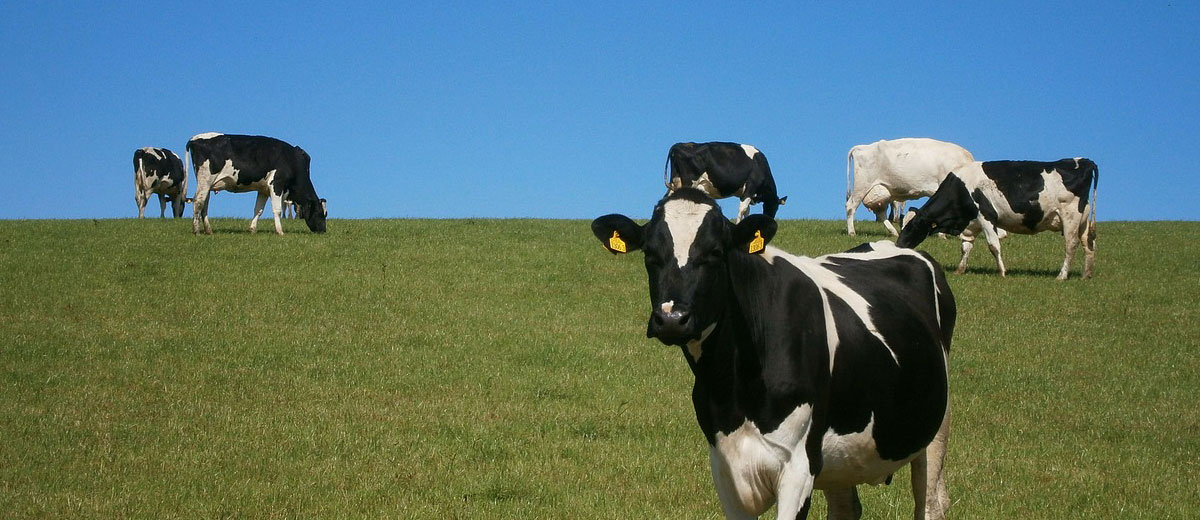
During this Thanksgiving season, food banks throughout Canada are confronting an escalating demand, and one executive has issued a stark warning that the situation may deteriorate rapidly.
Amidst the challenges posed by inflation, rising food and housing expenses, and precarious employment conditions, the nation’s food banks have witnessed a substantial surge in the need for their services, particularly during a critical fundraising period for many of them.
Neil Hetherington, the CEO of Toronto’s Daily Bread, an organization supporting over 200 food programs in the region, described this long weekend as the “most challenging Thanksgiving we have ever had.”
He noted that prior to the COVID-19 pandemic, the organization typically served approximately 65,000 clients per month. However, last month, that number had surged to 275,000, highlighting the magnitude of the issue at hand.
Chief Operating Officer Cynthia Boulter of the Greater Vancouver Food Bank has said the demand for food her food bank has seen this year is “unprecedented.”
“When I started, about five years ago, we were supporting between 6,000 and 7,000 people a month and we’re up in the 16,000 to 17,000 number at the moment,” she said.
In Quebec, the demand for food assistance has remained relentless for over a year, as stated by Martin Munger, the director of Les Banques alimentaires du Quebec, a consortium of 32 organizations dedicated to supporting local food aid programs.
According to the most recent data available from his organization, as of March 2022, their network was providing assistance to an average of 671,000 individuals in the province each month. This figure represents a nine percent increase from 2021 and a significant 33 percent rise from 2019.
Data from Food Banks Canada reveals that the proportion of seniors utilizing food banks has risen from 6.8 percent in 2019 to 8.9 percent in 2022. Additionally, it is noteworthy that approximately one-third of food bank beneficiaries are children.
Hetherington expressed deep concern over the fact that food bank usage has reached unprecedented levels, even as the country maintains remarkably low unemployment rates. He has conveyed this apprehension to both Ontario Premier Doug Ford and Toronto Mayor Olivia Chow.
“And so I believe we’re the canary in the coal mine, letting you know that as soon as there is some negative economic indicators on people’s ability to derive income from employment, or as interest rates escalate and people’s repayment terms change, things are gonna get real bad real soon.”








































